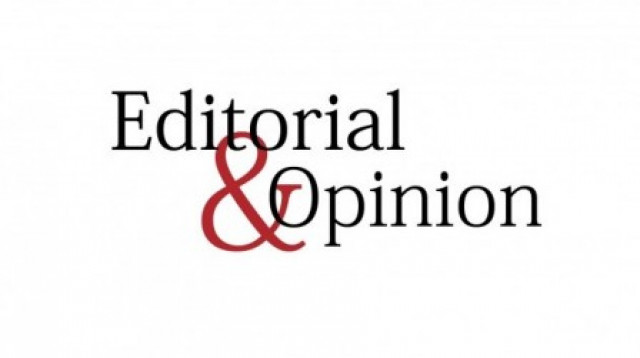Why General Kayani should stay till 2013

May I suggest that what needs to happen is more complicated than “balancing the power between the military and civilian set-up.” What Pakistan needs is an honest, just, intelligent, responsible, truly representative elected government, whose principle interest is the good of the entire country. Until that happens there will be no chance of civilian government here "establishing control over its military". But no civilian government in Pakistan has even come even close to meeting such criteria. The past civilian governments of this country have competed to see which can be the most corrupt. And whenever their outrageous conduct has been checked, they have quickly dismantled, or subverted, what weak protections this country might occasionally have against abuses of power. The military has never replaced democratic governments in Pakistan; it has replaced pseudo-democracies that have really been autocratic cleptocracies. Though the military has always seized power undemocratically, it should be remembered that they have often done so because the civilian governments they have replaced had become grotesquely corrupt.
What is surprising is that the military does not seize power now, for never has a Pakistani government been more damagingly corrupt than the present one. And their continuance in power is the surest evidence we have that Pakistan’s political affairs are run, not by the army, but by the Americans. Regrettably, however, were the army to give relief to the people by overthrowing the present mob, they too would soon go on to commit most of the sins their seizure of power was meant to check. The abuse of power is part of the very social structure of Pakistani power groups. In Pakistan army bashing is popular because it seems to offer a feasible, discrete, solution to the country’s persistent political tragedy: keep the army in the barracks and all will be well. That belief is an illusion. Pakistan's problem is the endemic, widespread abuse of power by all those who hold it. Its culture of power is undemocratic.
Pakistan’s political tragedy so pains me that I too often find myself dreaming of possible solutions, one of which might be this: the army takes power, removes from government all its corrupt members, creates a level playing field in which money does not decide the outcome of elections, guarantees equal time in the media for all contenders, punishes liars with banishment from politics and ensures that an honest government, independent of foreign bullies, is freely elected; a government whose edicts the military would be proud to obey and which, because of its fairness, the Pakistani people would be proud to obey. If the military were to do such a thing, Pakistan would become an independent sovereign state whose future would shine like the sun; it would be a unified country. A sure sign that the country was on the right road would be that the Americans and their allies would scream blue murder.
Whenever American (and other external) interests conflict with those of the Pakistani people, the people's interests are sacrificed. The government is obedient to America’s fancied long-term interests, and this comes at the expense of Pakistan’s own long- and short-term interests. Until the dream of honest government might be materialised, perhaps the protracted presence of General Kayani, and the Chief Justice, until 2013 might offer at least some stability to the country. Both these figures have shown a modicum of honour and independence from foreign influence. And in Pakistani politics that is rare.
The writer is a charity worker who divides his time between Pakistan and the UK (charles.ferndale@tribune.com.pk)
Published in The Express Tribune, July 28th, 2010.



















COMMENTS
Comments are moderated and generally will be posted if they are on-topic and not abusive.
For more information, please see our Comments FAQ